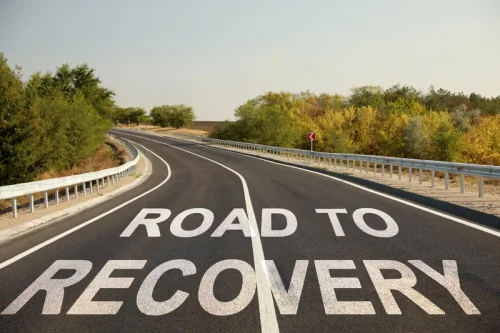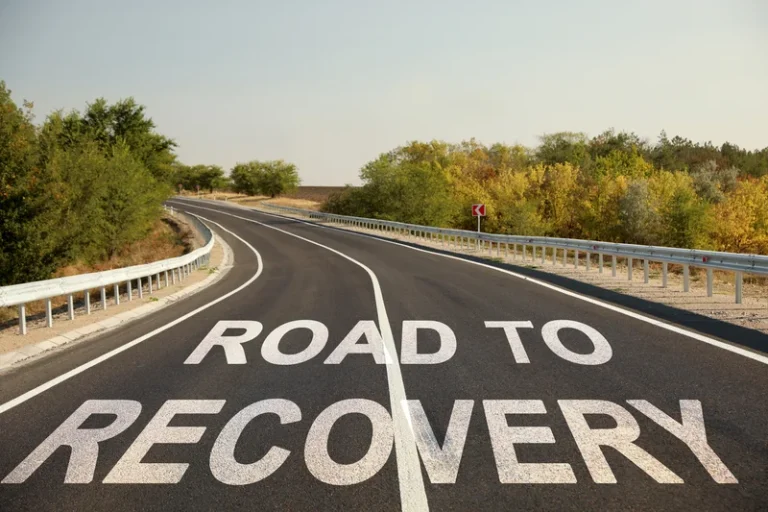
Alcohol can cause or worsen mental illness as a whole because of its effects on the central nervous system, namely, our stress response. Alcohol inhibits norepinephrine, which is what resets the body when the fight-or-flight instinct is activated. When cortisol continues to flood the body for longer than it should, the body eventually adjusts to it in a process known as allostasis. As a result, the individuals have a lowered tolerance for stress and become stressed out much more easily. Over time, persistent stress can cause long-term changes in the brain that set the stage for mental illness.

Treatment for Co-Occurring Depression and Alcohol Use Disorder
At first, alcohol produces euphoria and excitement, but such feelings are short-lived. Alcohol is a depressant that affects the central nervous system (CNS) and the brain’s functionality. heroin addiction Studies suggest drinking often and heavily can increase your risk of developing a major depressive disorder (MDD). It can even exacerbate symptoms of pre-existing depression or anxiety.
- Even if you pass out after drinking, alcohol disrupts sleep cycles, reducing deep sleep and REM sleep.
- The duration of alcohol-induced depression varies from person to person, depending on factors like how much you drank, your body’s metabolism, and your overall mental health.
- If you have access to a trusted healthcare professional, reaching out to them is a great way to begin managing depression and alcohol use.
- When depressed or anxious alcohol-dependent people are asked their opinions about cause and effect, they often reply that they believe they drink in order to cope with their symptoms of sadness or nervousness.
- The connection between alcohol consumption and depression is complex and reciprocal, as individuals may increasingly turn to alcohol to cope with mood disturbances.
Stick to moderate drinking
- Studies suggest drinking often and heavily can increase your risk of developing a major depressive disorder (MDD).
- An individual might receive antidepressants for some symptoms of their AUD or depression.
- Additionally, a person might receive other medications aimed to assist with abstinence from alcohol.
- If you’re in recovery, and depression is a drinking trigger for you, this can make things especially difficult.
- Some individuals might present to be susceptible to both alcohol and depression.
People who undergo major depressive symptoms might start the process of relying on alcohol to feel better, and ease their symptoms. However, over time, this pattern can develop into a full-scale alcohol use disorder. The depressed study participants who were considered heavy drinkers exhibited even worse outcomes from depression treatment.

Do dopamine levels return to normal after quitting alcohol?
- In this article, we look at the different ways that drinking alcohol can make your depression symptoms worse.
- It’s not always clear if depression makes you drink or vice versa.
But depression and anxiety sometimes go together – feeling anxious and worrying constantly can make you feel low. Because it’s often too difficult to tell https://ecosoberhouse.com/article/making-living-amends-during-addiction-recovery/ if the alcohol dependence is induced by depression or vice versa, psychologists and addictions specialists tend to treat both simultaneously, Anand says. Treatment is often a two-pronged approach involving psychotherapy (talk therapy) and medication. Many of us have been there — after a bad day or a stressful event, it’s not uncommon to turn to a glass of wine to take the edge off.
How does Alcohol make Depression worse?

If you tend to rely on alcohol to ease anxiety in social situations, for example, you might never address the underlying causes of your discomfort. Since alcohol can cloud your brain, it can keep you from seeing helpful solutions to problems. Remember to tell them about how much you drink or, if you’ve stopped, how long you’ve been alcohol-free. Your GP may recommend a talking therapy such as counselling or CBT (Cognitive Behavioural Therapy), or a self-help group. Cognitive behavioral therapy can also be used to treat co-occurring AUD and MDD, by improving your emotional regulation, changing your cognitive behaviors, and helping you develop personal coping strategies.

How Alcohol Worsens Depression
No matter your drink of choice, alcohol can easily be abused and often is, especially when it’s used to self-medicate. Pouring yourself a glass of wine or cracking a beer at the end of a long day may temporarily relieve feelings of depression, because alcohol acts as a sedative, but it will exacerbate those feelings and actually intensify them. In her professional career, Cayley’s primary goal is to empower patients to lead fulfilling lives by guiding them toward effective therapeutic regimens. Adopting a holistic approach to mental health, she places great emphasis on comprehensive treatment that encompasses medication management, supportive therapy, and lifestyle modifications.
What You Can Do to Manage Alcohol and Depression
That’s important to know because a lack of folic acid can cause your brain to age faster. does alcohol make depression worse In some people, the initial reaction may feel like an increase in energy. But as you continue to drink, you become drowsy and have less control over your actions. It helps people understand events and thought processes that lead to depression and substance misuse. However, for the best results, your doctor will likely treat them together.

